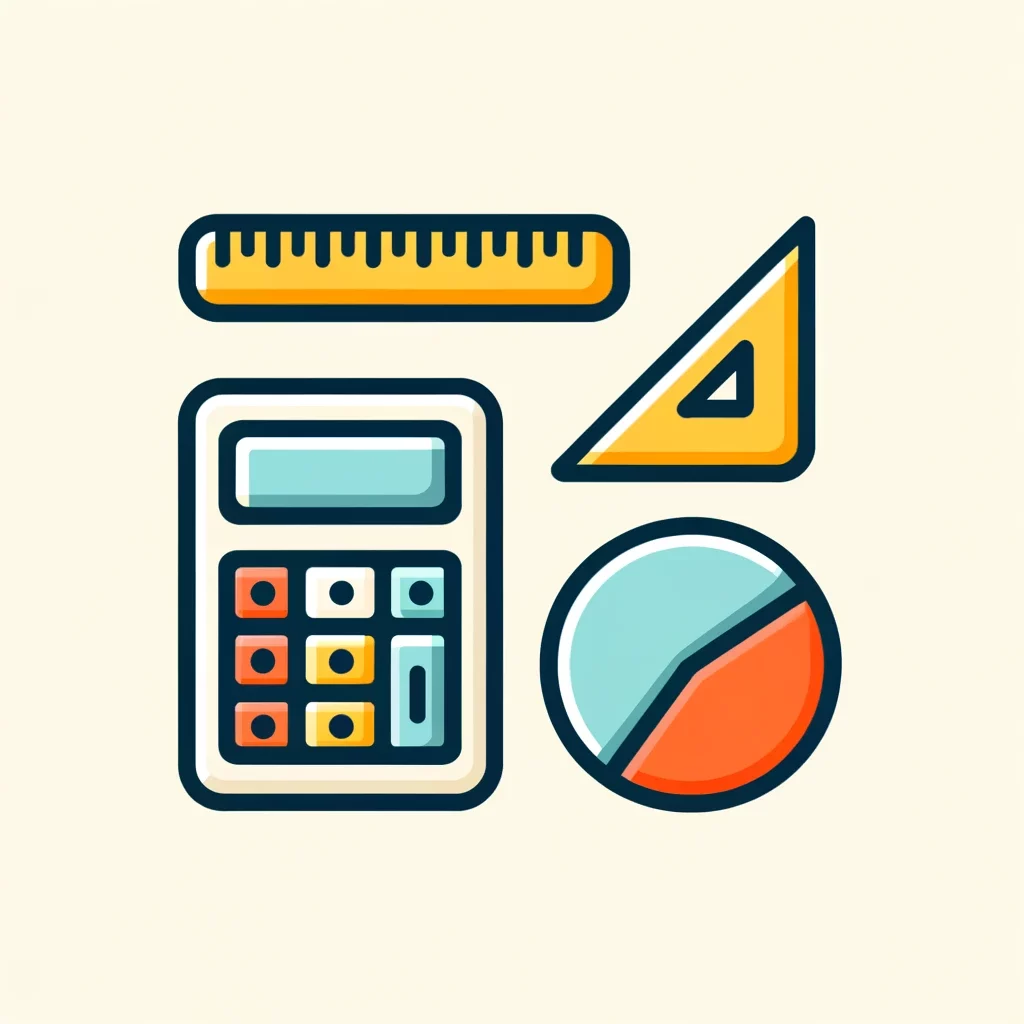Math is not just for classrooms; it’s a vital part of our everyday lives. From managing finances to cooking meals, here are the top five math skills that can make your life easier, with practical examples to illustrate their importance.
1. Basic Arithmetic: Your Daily Lifesaver
Why It’s Useful: Basic arithmetic forms the foundation of everyday calculations. Whether you’re adding up grocery costs or dividing a pizza among friends, arithmetic is indispensable.
Real-Life Example: Imagine you’re at the grocery store with a budget of $50. You pick up items worth $14.75, $9.50, and $22.00. Using basic addition, you quickly find that the total is $46.25, leaving you with $3.75. This helps you decide if you can afford that extra chocolate bar without breaking your budget!

2. Percentage Calculations: Master Your Money
Why It’s Useful: Understanding percentages is crucial for managing finances, calculating discounts, and figuring out interest rates.
Real-Life Example: You see a jacket priced at $120 with a 25% discount. To calculate the discount, you find 25% of $120, which is $30. Subtracting $30 from $120, you realize you’ll pay $90. This quick mental math helps you determine if it’s a good deal and manage your shopping expenses effectively.
3. Fractions and Ratios: Perfect for Cooking
Why It’s Useful: Cooking often requires adjusting recipes, and understanding fractions and ratios ensures you get the proportions right.
Real-Life Example: A recipe calls for 2 cups of flour to serve four people. If you only need to serve two, you use the fraction 1/2 to adjust the recipe. You’ll only need 1 cup of flour, ensuring your dish turns out perfectly without wastage.
4. Geometry: Design and DIY Projects
Why It’s Useful: Geometry helps you understand shapes, areas, and volumes, which is crucial for home improvement and design projects.
Real-Life Example: You’re redecorating your living room and need to buy a rug. Knowing the room’s dimensions (10 feet by 12 feet), you calculate the area to be 120 square feet. This helps you choose the right size rug and avoid buying one that’s too small or too large.
5. Algebra: Problem-Solving Skills
Why It’s Useful: Algebra enhances your ability to solve problems and think logically, which is valuable in both personal and professional life.
Real-Life Example: You’re comparing two cell phone plans. Plan A costs $30 per month with an initial setup fee of $50, while Plan B costs $25 per month with no setup fee. Using algebra, you set up the equation 30x + 50 = 25x to compare costs over time. Solving it, you find that Plan B becomes cheaper after 10 months, helping you make a cost-effective decision.
Mastering these math skills can greatly enhance your everyday decision-making and problem-solving abilities. From shopping to home improvement, these essential math topics are not just academic—they’re practical tools that make life easier.